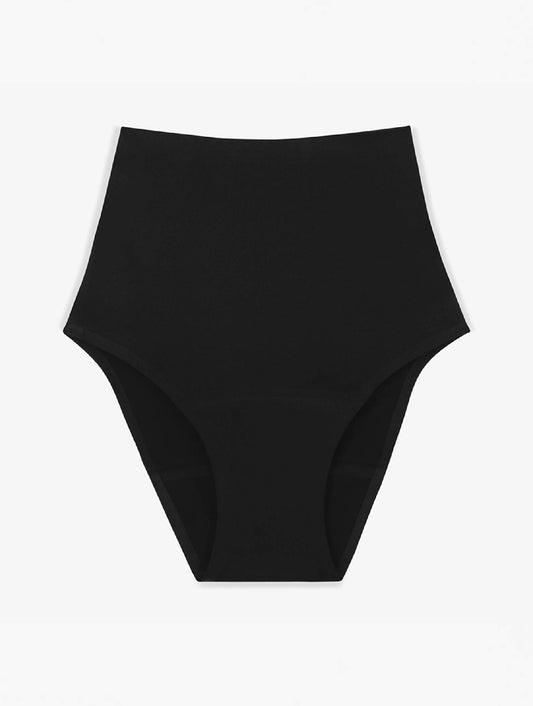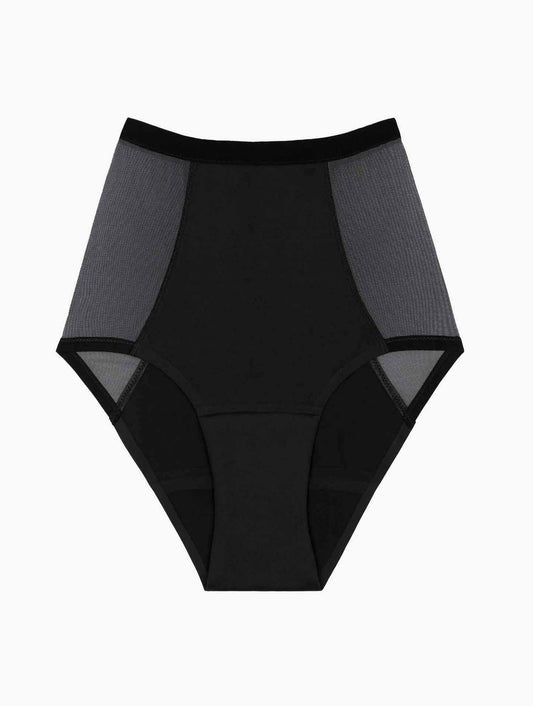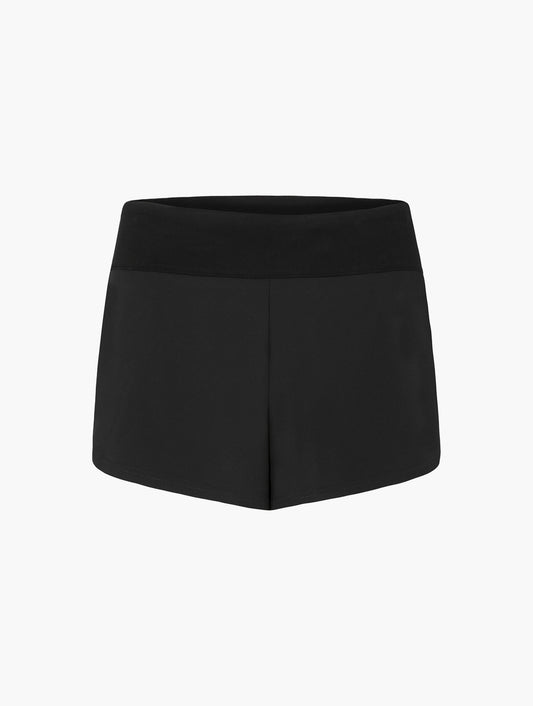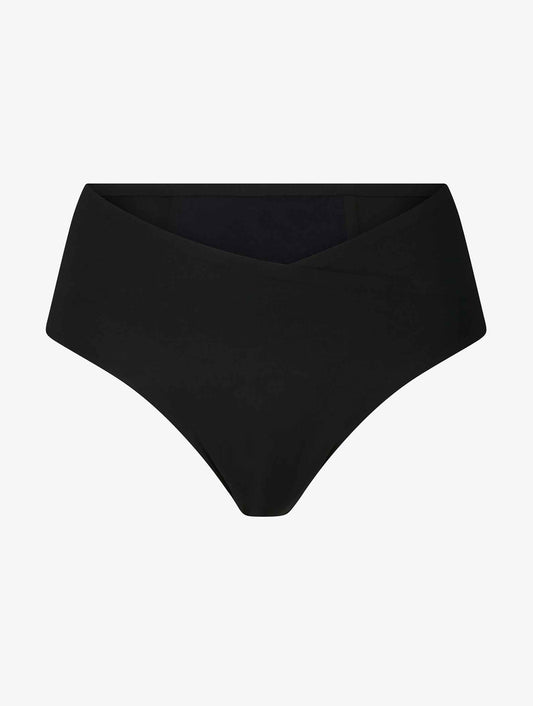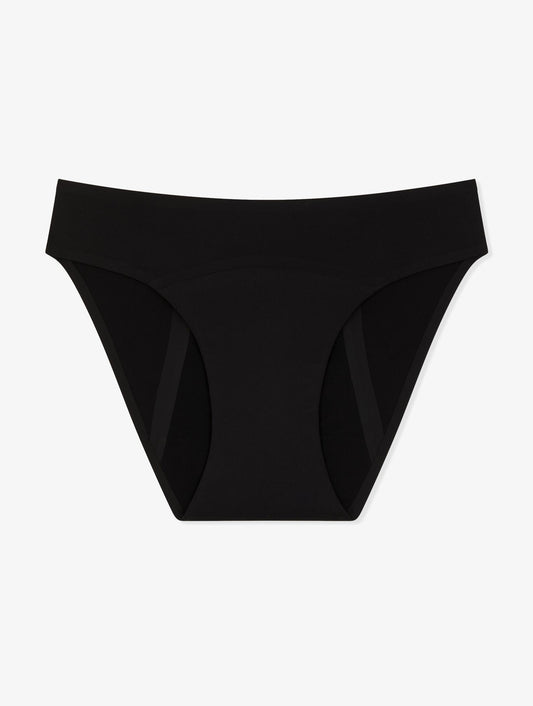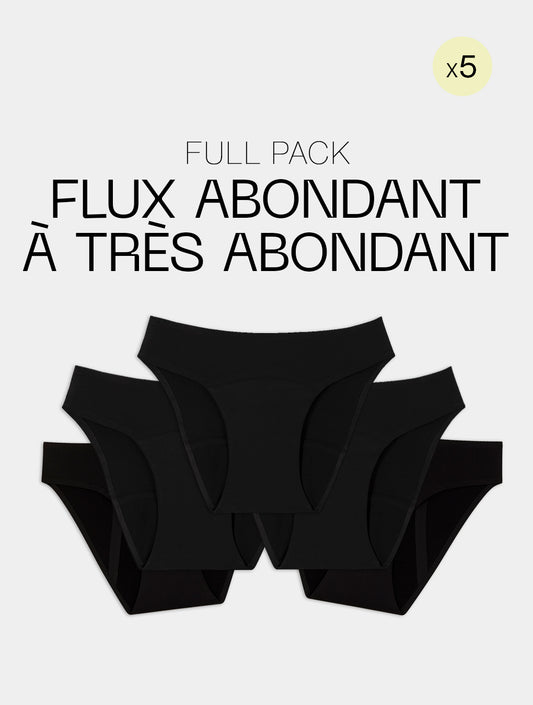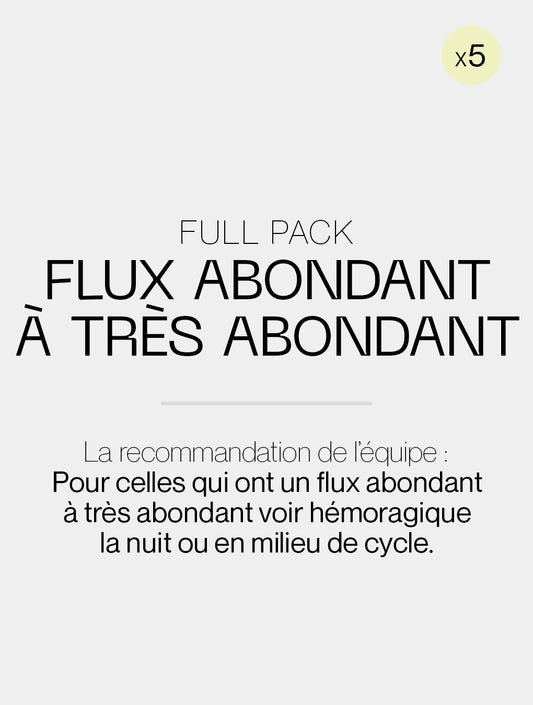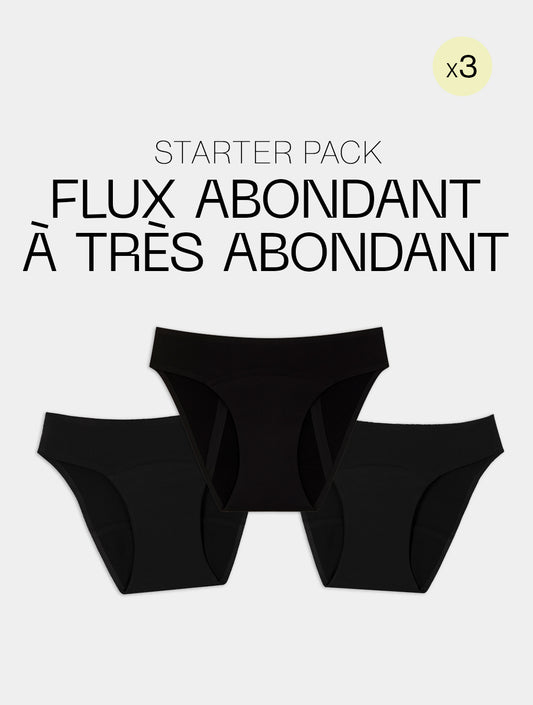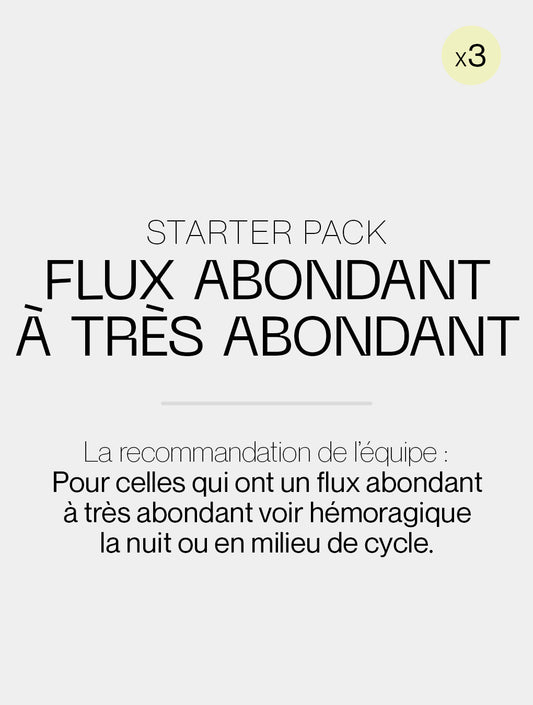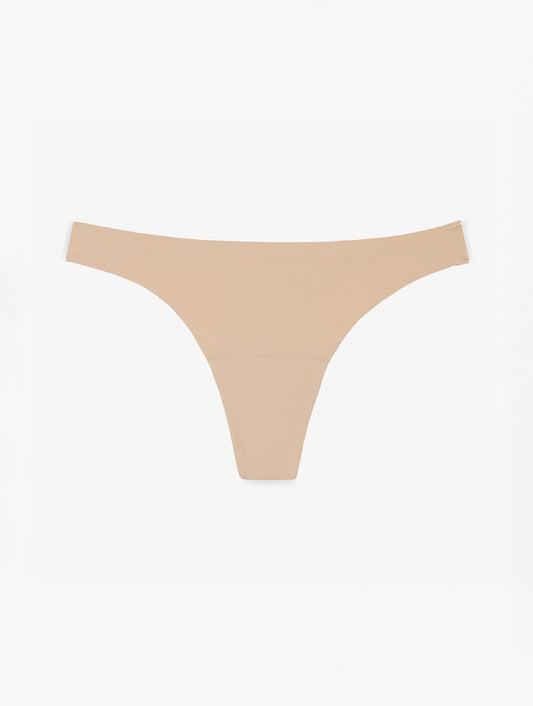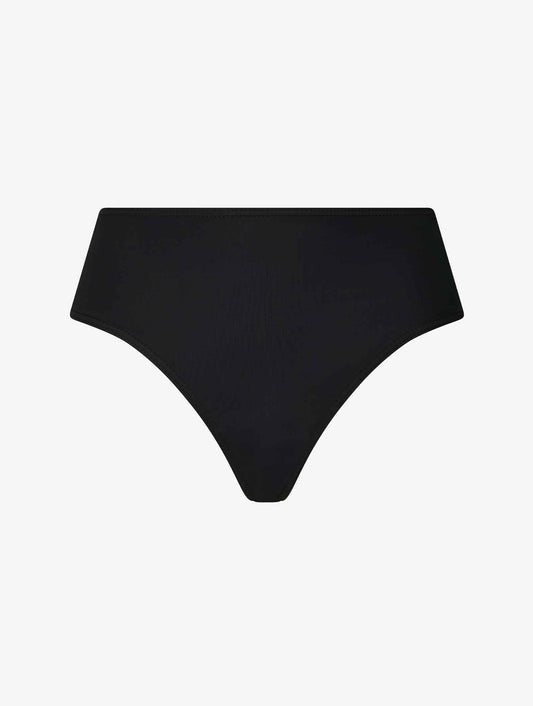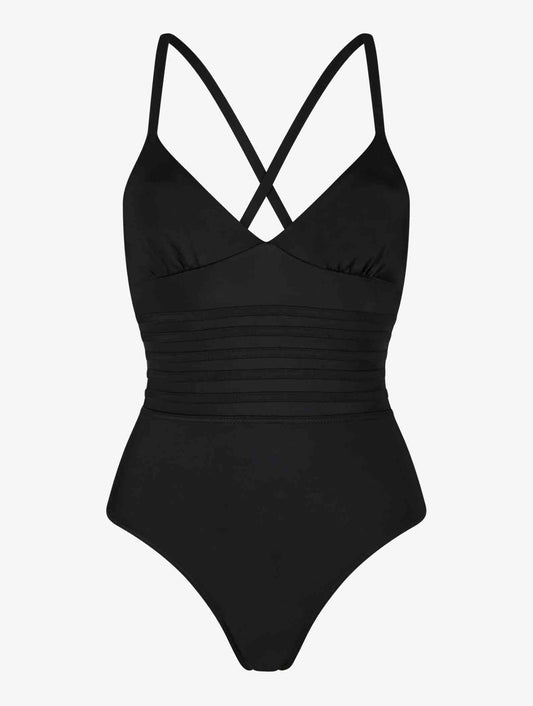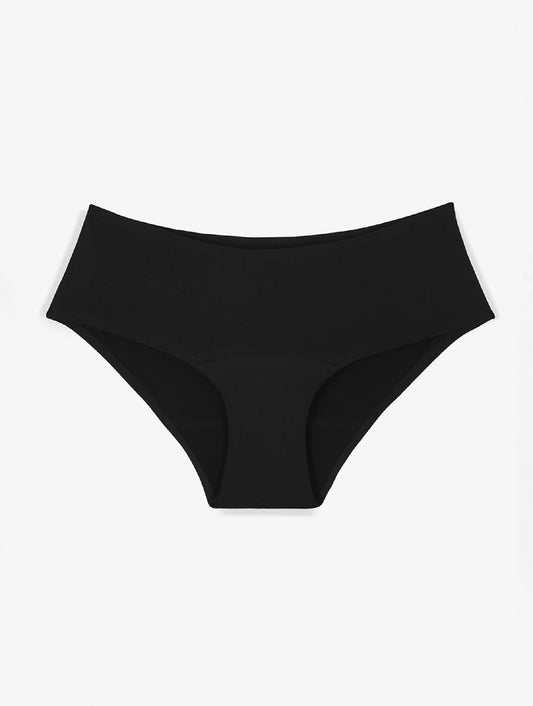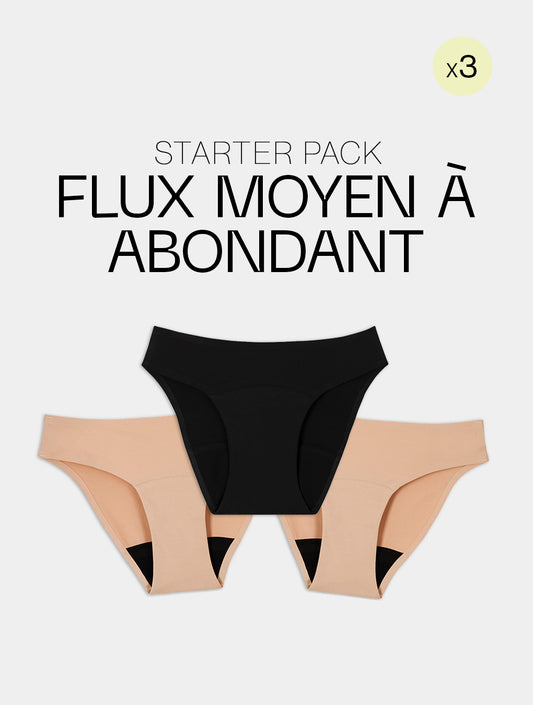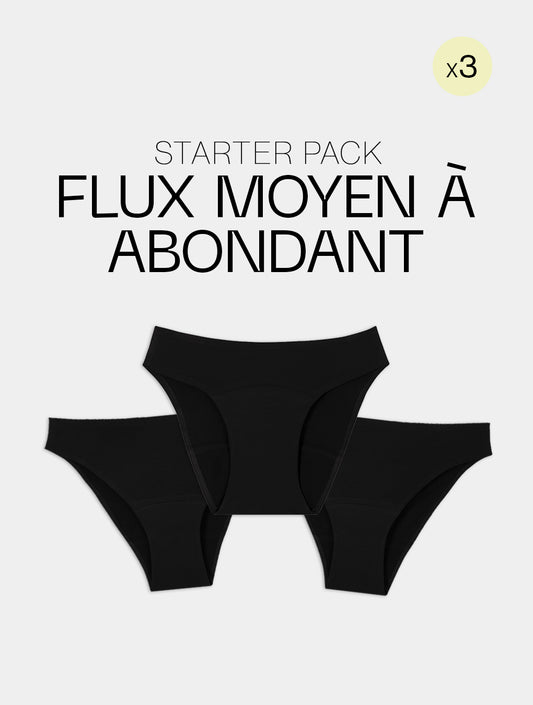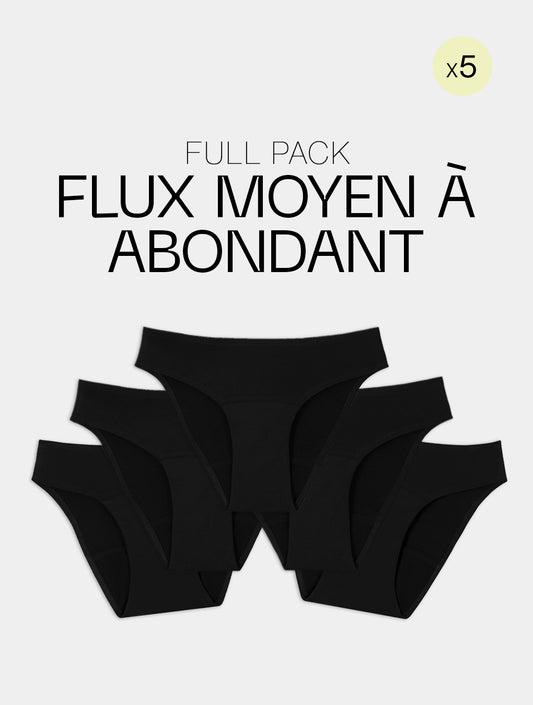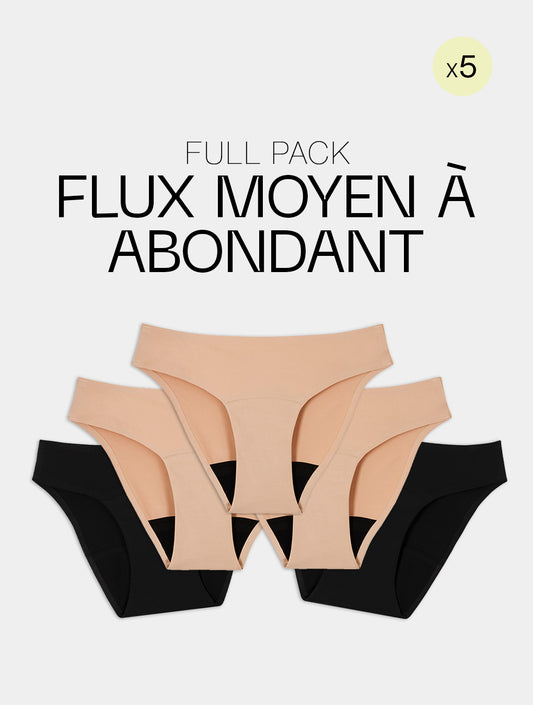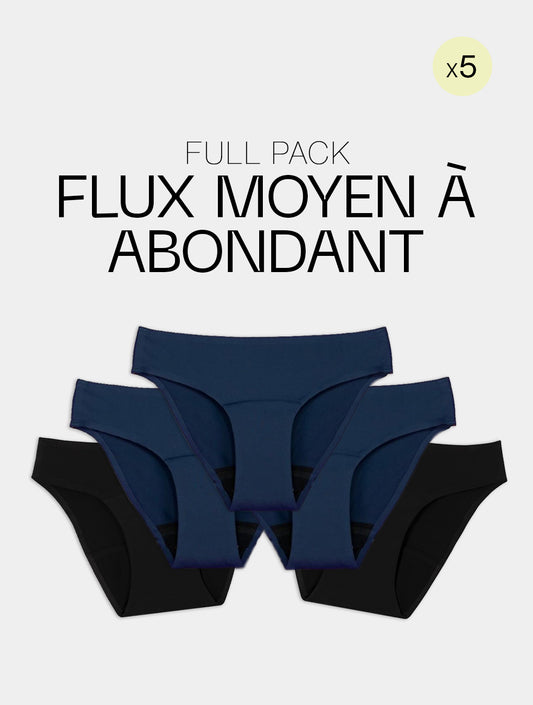Menstrual poverty
Having your period is expensive: €150 per year according to a study published in Le Monde . Unfortunately, many women do not have the means to afford these hygiene products every month - they are then in a situation of menstrual poverty. A little publicized problem but not to be taken lightly, the main consequences being shame and social exclusion...
The cost of periodic protection
Several studies have sought to determine the cost of periods for women. The results are often very different, particularly because some only count tampons and towels while others add painkillers, stained underwear but also sweets and magazines bought to get through this sometimes difficult moment .

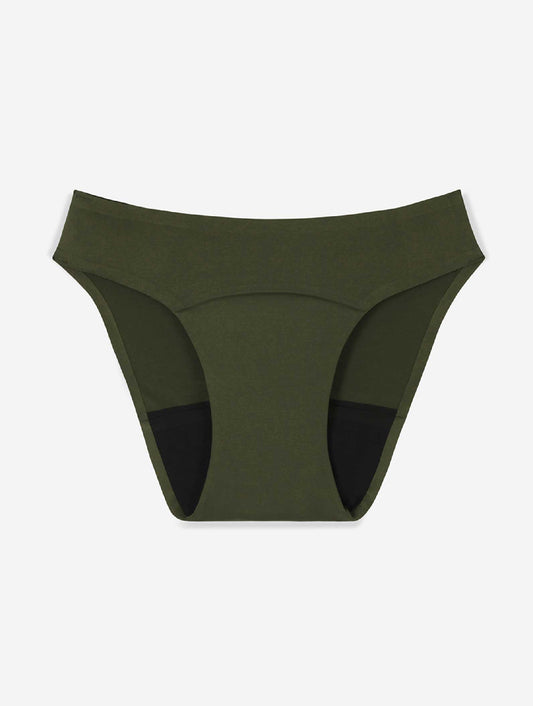



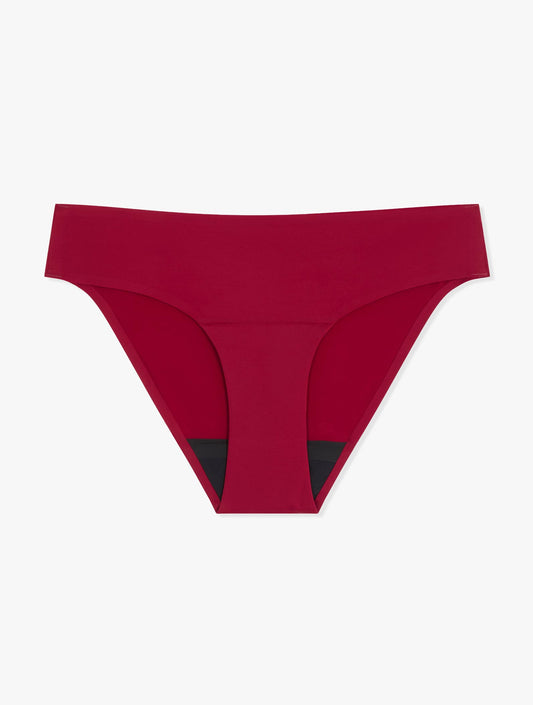




For example, the BBC has programmed a calculator which states that a woman spends on average 1,730 euros on protection throughout her life. The English association Bloody Good Period announces 5,360 euros. Another association mentions 21,500 euros… Difficult to figure out!
More recently, Le Monde developed a calculator taking into account various parameters such as the age of the first period and the use of painkillers. According to this estimate, a woman who had her periods from 13 to 50 years old, using 4 sanitary napkins on average per day for 5 days, and not consuming painkillers would spend a total of 1425 euros or 37 euros per year.
If the estimates vary, all agree on one point: the rules are (very) expensive. And unfortunately many women do not have the means to afford the hygienic protection they need every month...
Who is affected by menstrual poverty?
It is estimated that 500 million women around the world do not have access to periodic protection for economic reasons.
In France, women experiencing menstrual poverty are mainly homeless. Testimonies shed light on a problem that we don't think about at first: some women explain that they are forced to choose between feeding themselves and buying sanitary protection.
But they are not the only ones affected by menstrual poverty. Female students, without financial support from their families, may also have difficulty integrating the purchase of sanitary napkins or tampons into their more than tight budget.
The terrible consequences of menstrual poverty
Not being able to afford the protection you need every month has consequences that are not anecdotal. In addition to the shame and obvious discomfort, menstrual poverty, for example, encourages middle school girls to stay at home rather than go to school where they do not want to take the risk of appearing with bloodstained clothes. Health problems are also directly linked to this precariousness: infections and toxic shock syndrome can be caused by tampons worn for too long or unhygienic, homemade protection.
Menstrual poverty can also be the cause of trafficking. In Kenya for example, protections as we know them in the West are too expensive. The Borgen Project , a nonprofit organization that fights extreme poverty, estimates that two out of three women receive sanitary products from men in exchange for sex. This practice begins at the age of 13 for some of them... More and more associations are intervening on site and distributing protection to young girls in order to give them back their independence from men.
Free access to hygienic protection
In Scotland, the government has distributed sanitary protection in schools and universities since 2018. France is starting to follow the example. Certain faculties such as those of Rennes or the Sorbonne in Paris have implemented, at the start of the 2019 school year, free access to periodic protection. Young women can find them in the toilets or in the form of a kit distributed by a student association.
On the other hand, LMDE, a student mutual, reimburses hygienic protection to the tune of 20 to 25 euros per year. It's certainly not enough, but it's a start!
Finally, associations as basic rules set up collections of hygienic protection and redistribute them to women in need. If you have switched to reusable protections such as the cup or period panties , do not hesitate to give them your stock of disposable protections.
By Emilie









